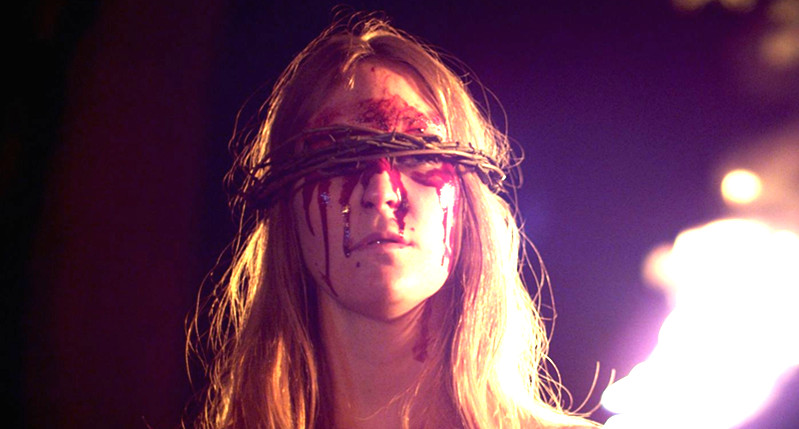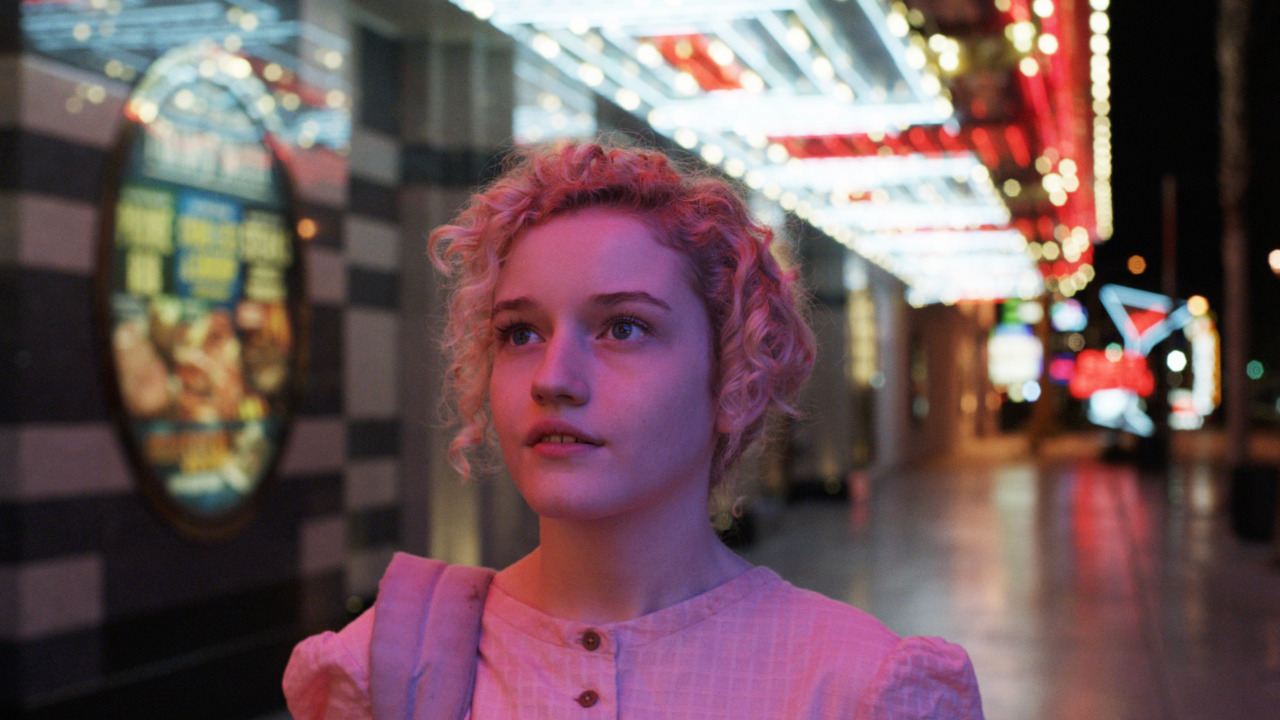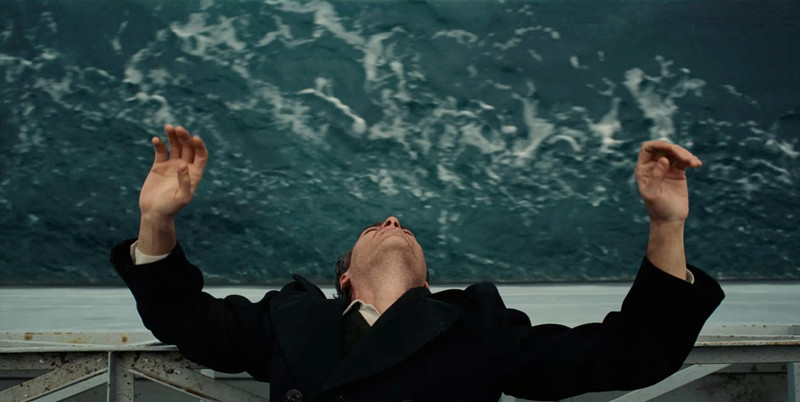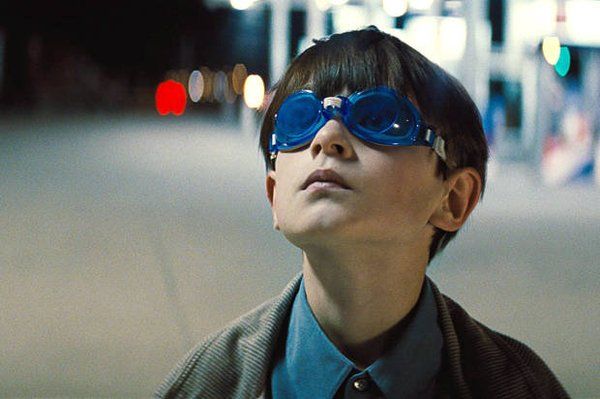6. Kill List (dir. Ben Wheatley, 2011)

The Victim: Jay, an ex-military reprising his post-combat role as hitman
The Cult: Wicker Man worshipping paganists debatably projected by Jay’s repressed guilt
The level of worldly detachment required to regularly assassinate total strangers for reasons unknown to you is unthinkable, as is the psychological damage accrued in the process of developing a simultaneous home life.
Certainly a stint in the military would ease the transition into such an inherently traumatizing position, but the personal responsibility behind each individual easily-avoidable kill stands alone.
For Jay, the decision to revert to a life of anthropomorphic liquidation may have been difficult post-settling-down (albeit far from peacefully), but his instinct to kill appears to remain second nature.
Yet an unprecedented act of illicit curiosity leads him spiralling into conspiratorial territory – when he stumbles upon a series of disturbing videotapes archived by one of his victims, Jay lets emotion play a role in his job for the first time, encouraging a rogue band of necessary human feelings to spill out culminating in a highly unsettling occurrence.
Is it a coincidence that the beginning of Jay’s mental deterioration coincides with a visit from his old partner Gal, whose girlfriend plants the seeds leading to a dramatic resurfacing of repressed feelings, or is the almost-cartoonish depiction of cult rituals featuring a cast of characters recycled from recent memory a remarkable conspiracy? Either way, Jay suffers a palpable anxiety at his lack of invitation.
7. Martha Marcy May Marlene (dir. Sean Durkin, 2011)

The Victim: Martha, a twentysomething struggling to readjust to society after a stint in an abusive rural commune / Marcy May, Martha’s constructed identity subservient to the questionable teachings of the commune’s leader
The Cult: An Ubermenschian orgy conducted by a pervy philosopher
The details leading up to Martha’s relocation to a covert spiritual operation in upstate New York are scarce, as the traumatic after effects – and the justification for such mentally unsound behavior – make up the majority of Martha’s story. It becomes clear early on that this isn’t a tale about how an attractive young woman was coaxed into joining an assembly of sexually abused neo-Moonies, but rather a psychological biography of one victim’s inability to readjust to normal behavior.
Because of its non-chronological timeline, Martha Marcy May Marlene is able to shine a light on the individual antisocial behaviors learned in a closed environment mediated by a sociopathic shaman.
A scene where the recently-rescued Martha jumps into bed with her mid-coital sister and brother-in-law bounces off a flashback of supervised group sex on the farm, while Martha’s unconscionable impulse to skinny dip in a public lake recalls images of the freedom embraced by those in her previous life.
Meanwhile, Martha’s relationship with her brother-in-law provides the greatest conflict in the film – not because Ted is a bad guy, but because Martha’s brain has been reshaped to reject any semblance of patriarchal influence following the baffling sensation of performing morally reprehensible acts deemed appropriate by a dominant male figure. There’s no telling how long the fontanelle lingers, as the final shot raises more questions about Martha’s future than the entire movie answers.
8. Electrick Children (Rebecca Thomas, 2012)

The Victim: Rachel McKnight: Mormon, punk rocker, and the Virgin Mary reincarnated
The Sect: Hyper-fundamental Mormonism
Perhaps due to the neutral mood of the film and the subtle nature of its subject, Electrick Children’s views on the repressive tenets of Mormonism can be interpreted as either passively disapproving or violently condemning. Where Martha Marcy May Marlene paints escape from a youthful upbringing in a small communal society as a downward spiral, Electrick Children optimistically considers everything else the world has to offer its teenaged follower.
When fifteen-year-old Rachel is impregnated by listening to a contraband tape comprised of a single mysterious pop song, she’ll stop at nothing to locate the man who recorded the track – or the unfamiliar reality which wrought such novel beauty into existence – who’s presumably the father of her child.
While her bare-bones Mormon upbringing has little in common with the ritualistic rape ingrained in Martha’s experience, the claustrophobia Rachel suffers in her severely limited worldview is enough to have her take off in the family truck in search of the truth behind her miraculous encumbrance.
Acknowledging Mormonism as a sect rather than a cult, the film strives to disagree with the religion rather than damn its principles. The outcome proves a respectful compromise between traditionalist parents and progressive child, all the while nurturing a solidarity between daughter and empathetic mother within a belief system embracing gender inequality.
9. The Master (dir. Paul Thomas Anderson, 2012)

The Victim: Freddie Quell, under-sexed, over-boozed vagabond looking to readjust to life after serving in the Second World War
The Cult: “The Cause,” a particularly science-less iteration of Scientology
As a character study of Freddie’s relationship with cult leader Lancaster Dodd, The Master stands out for its focused presentation of one-on-one manipulation under the guise of a group movement. Rather than exploiting his congregation for sex, power, or human sacrifice, Dodd’s objective appears to be purely ego driven as, according to his son, he’s making up The Cause’s philosophy as he goes along.
Intercepting an ambling vet at a time of severe vulnerability provides a fresh challenge for the leader of a movement which seemingly only increases membership through childbirth, and offers Dodd a rare opportunity for an objective opinion on his progress. Like any good cult leader, he immediately probes Freddie for details on his personal life – ensuring he’s mentally pliable and unlikely to be missed – deeming him utterly qualified for the position of blind disciple.
The Master plays like a farce of religious narcissism, reflecting millennia of persecution and sadism fueled by closed-minded intolerance and a vindication for personal beliefs. Freddie’s claims that he feels nothing during his exercises with Dodd are the only truths in the entire movie, making the newfound emptiness Freddie feels all the more painful to witness.
10. Midnight Special (dir. Jeff Nichols, 2016)

The Victims: the family of Alton Meyer, an extraterrestrial boy born to human parents
The Cult: A congregation of sectarian Raëlists using the boy for his cosmic connections
The cult formed around the enigmatic X-ray-eyed son of Roy and Sarah Tomlin likely serves as an elucidation upon a metaphysical loophole, a spiritual assurance for the unsettling behavior expelled by a child whose brain inexplicably has access to the content of encoded satellite transmissions. What most science-minded individuals would call a rare genetic entanglement, Alton’s church considers “speaking in tongues.”
By constructing a religion around the boy’s abnormality, the cult fails to see him as anything more than a holy object gracing the Ranch rather than a living organism with a personal identity and a social security number gifted to loving parents suddenly nonplussed with the community they’ve long been involved in.
The movie pits the blind beliefs of an unestablished sect against the inexpressible understanding between parents and child in a duel of unsubstantiated faith practiced on both sides: the congregation seeking to connect themselves with an all-powerful Fictional Narrative, the parents seeking to connect their son with his phoned home.
In a long tradition of cult formations, The Church of Alton fills in the blanks of a modern mystery with incompatible theological tradition, selfishly putting an enormous amount of faith into an absurd situation while paying no attention to the humanitarian felony of splitting up a happy family. Perhaps it’s a dated reaction to miracles in an age of viral videos, but undoubtedly a timeless existential side project for the spiritually inclined.
Author Bio: Mike LeSuer is a Chicago-based writer with a focus on music, media, and film, though he prefers the term “movies.” Little else is known about him.